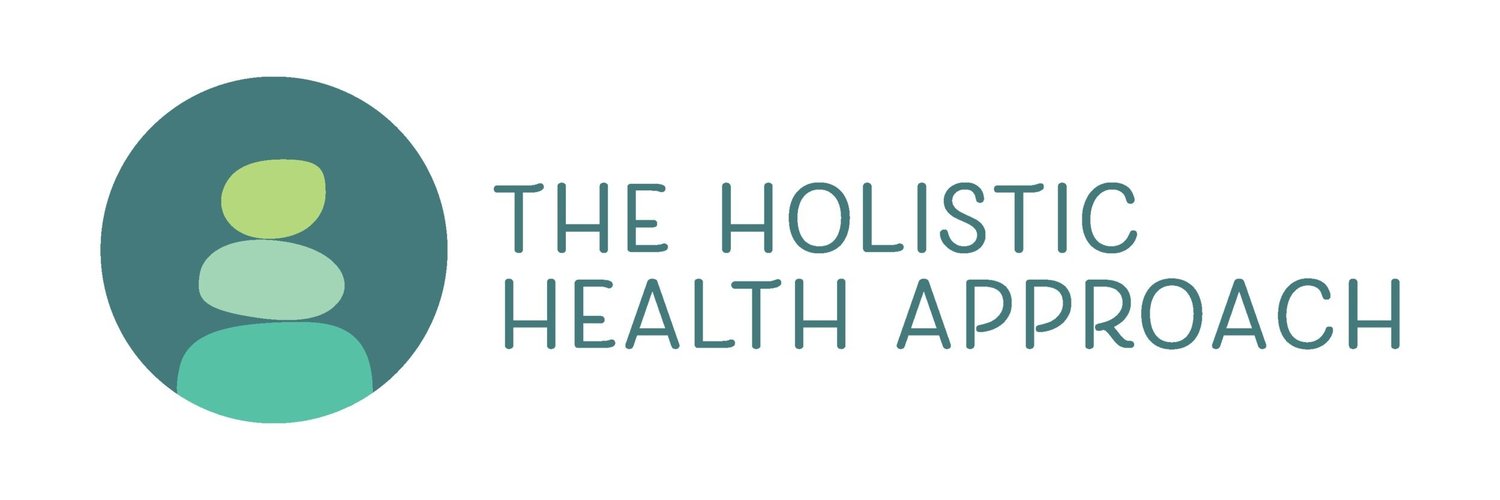Is DNA Our Destiny?
A person’s health isn’t generally a reflection of genes, but how their environment is influencing them. Genes are the direct cause of less than 1pc of diseases: 99pc is how we respond to the world. – Bruce Lipton
Many of us have blamed ‘bad genes’ for some aspect of our life, whether it’s chronic sinus infections, trouble losing weight, mood swings or true diseases. In truth, our genes are really thousands of closed doors waiting for the environment to come knocking. Our environment, and how many negative attacks we face, can kick down those doors to disease or open the path to long term health.
We all remember seeing that twisted ladder “double-helix” model of DNA in biology class. This amazing structure houses all of our genes and the code to who we are as a species. Since its discovery, the Central Dogma of microbiology has stated that genes control our biology. But, the new science of epigenetics gives another side to the story. Epigenetics literally means ‘outside of’ genetics. It is the study of the intelligence of a cell that cannot be explained by our genes alone. This new field has opened our eyes and revealed that it is our environment, not our DNA, which is ultimately in control.
There’s no argument that DNA is the code of life and does play a major role in determining what species we are and how we physically look. Yet, when it comes to our health, or illness, there’s more to the story.
Our environment affects us more than we realize. It can set our mood, our level of hunger and our energy level. But did you know that it is also the key to unlocking our genes? Our genes sit nicely locked away in our DNA, protected by a protein shield. This bodyguard of proteins keeps the genes from being read and ‘expressed.’ The only way to read a gene is by letting down the shield. How do we do that? Through an environmental signal! Something as simple as nutrition or emotions can trigger this change. Don’t be fooled by this simplicity, however. Environmental factors have been shown to create more than 30,000 variations of one gene blueprint!
How does the environment have such a strong influence on our genes? It turns out the membrane of our cells is more intelligent than we realized. This protective outer covering is very selective about what it allows in and out of the cell. It receives the environmental signal, interprets it and creates an action. This simple yet intricate structure and function of the membrane provides a profound intelligence, determining what is allowed in the cell and translating environmental signals into behavior.
But, how do we control our environment to our advantage when it comes to health? We must consider the power of the mind as well as our environmental stressors.
As evolved species, our mind consists of both subconscious thought and self-conscious awareness. The trouble lies when there is conflict between the two. This conflict is like the reflex test at your doctor’s office. Your ‘self-conscious mind’ tries to will your knee not to move, while your ‘subconscious mind’ pops that leg up. How many times have you tried to use willpower to do something only to falter? That was your subconscious mind at work. Our emotions override any conscious will. If you say you can’t, you’re sick, or you’re never going to get better, you become your own self-fulfilling prophecy. But we can change! We can use our self-conscious positive thoughts to override our negative habitual subconscious thinking. Our conscious free will can be powerful! By using our thoughts and perceptions of our environment, we take a giant step towards getting back in control of our health.
Despite positive thoughts and perceptions, we still have environmental stressors to deal with. Pesticides, artificial ingredients, trans fats, processed foods, overtraining, work stress, family stress, financial stress, and anything our body perceives as stress. Whether it’s emotional or physical, stress puts our body into shut down mode to protect itself. In this fast-paced world, we have a constant barrage of daily stressors which continue to compromise our growth, and our health. Recognizing and reducing your stressors will create a happy, healthier you.
So start setting your own path to better health by adding these tools to your daily routine:
Reduce your daily stressors
Recognize negative subconscious thinking
Engage in positive thought
Actively pursue a joyful, fulfilling life
You have the power, take control of your health today!

